- Survey of Apiary Sites from different forest ecological zones of Khyber Pakhtunkhwa
- Integrated Pest Management (IPM) of Varroa Mites
- Comparative evaluation of the different honey bee hive performance


Various hilly areas in the province are rich in medicinal and aromatic plants, which play significant role not only due to its use as traditional medicines, but also as trade commodities to meet demand of distant market and as a source of income for mountain’s dwellers.
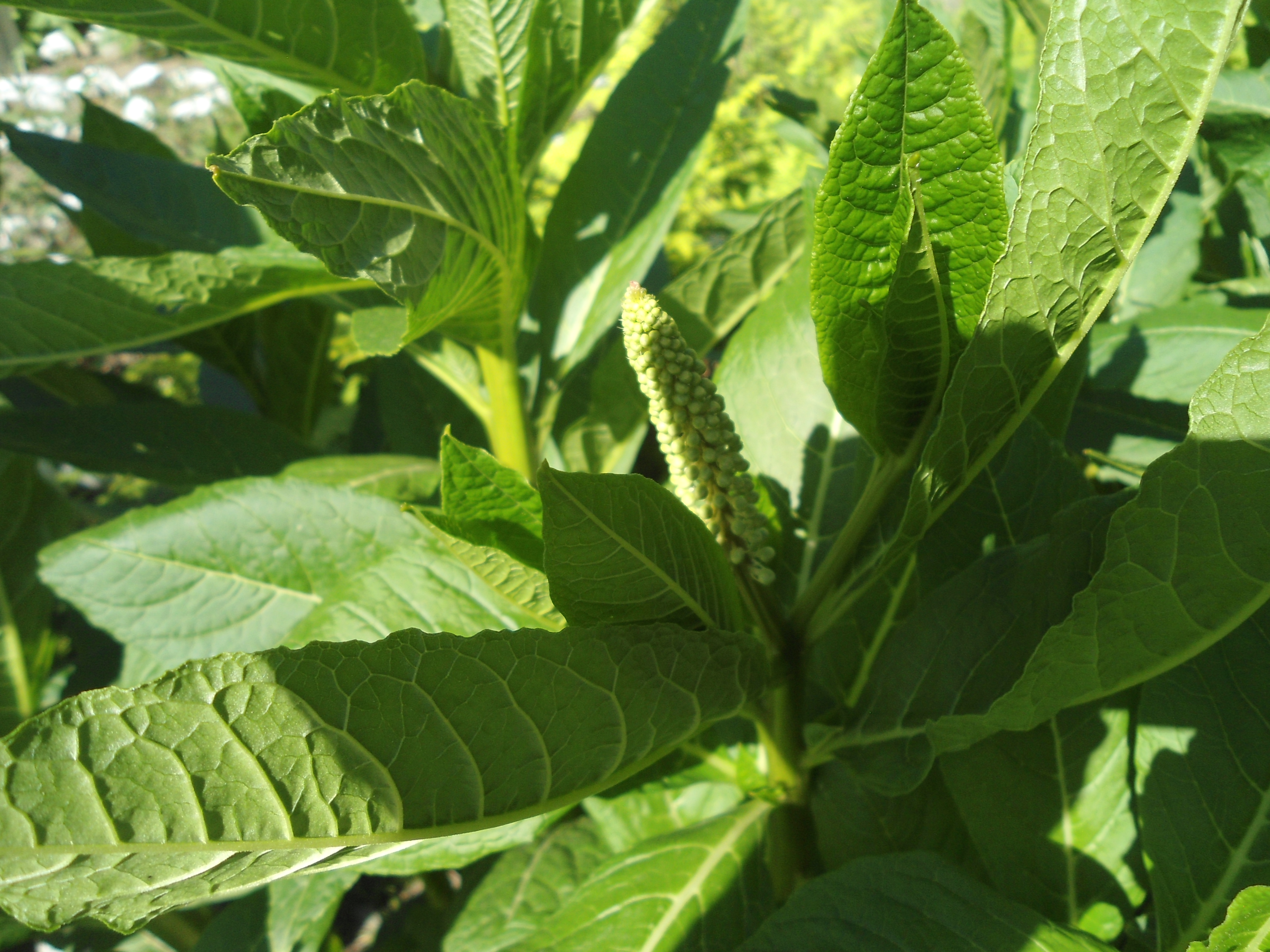
Chilgoza pine is an important forest tree species distributed in southern parts of Chitral. Besides various environmental services, this species plays an important role in the livelihood of communities living close to the forest. Pine nuts harvested from this tree are one of the major non-timber forest products of Chitral and are traded internationally. Unshelled pine nuts are highly valued in international markets; in recent years the price of chilghoza nut has increased remarkably local villagers receive 6000 Pakistani rupees per kilogram.
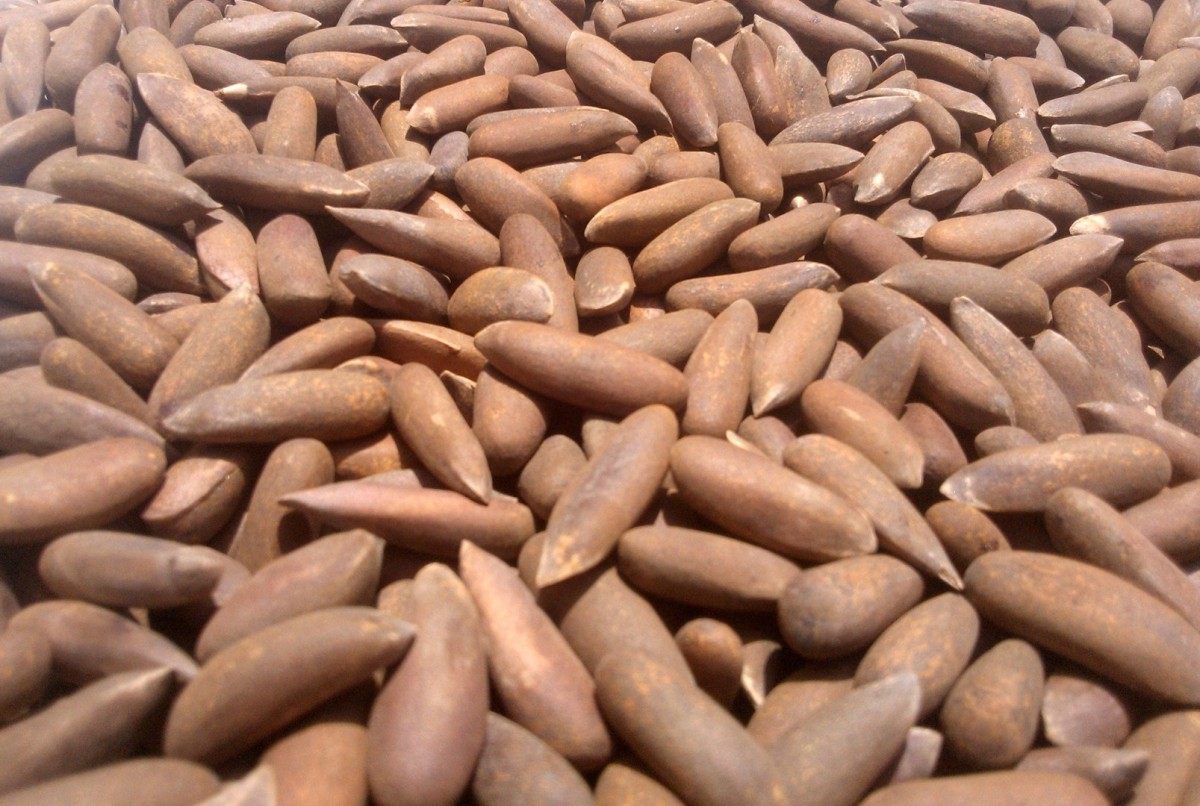
Honey is produce on small scale and there is big scope for increasing its production. Beekeeping is not well developed on scientific and commercial basis due to lack of facilities in term of modern techniques and skilled manpower. To get benefit from the bee flora we propose to modernize our bee keeping in order to increase honey production. The population of our local bee species Apis cerana is declining. Hence its conservation and further propagation is needed.
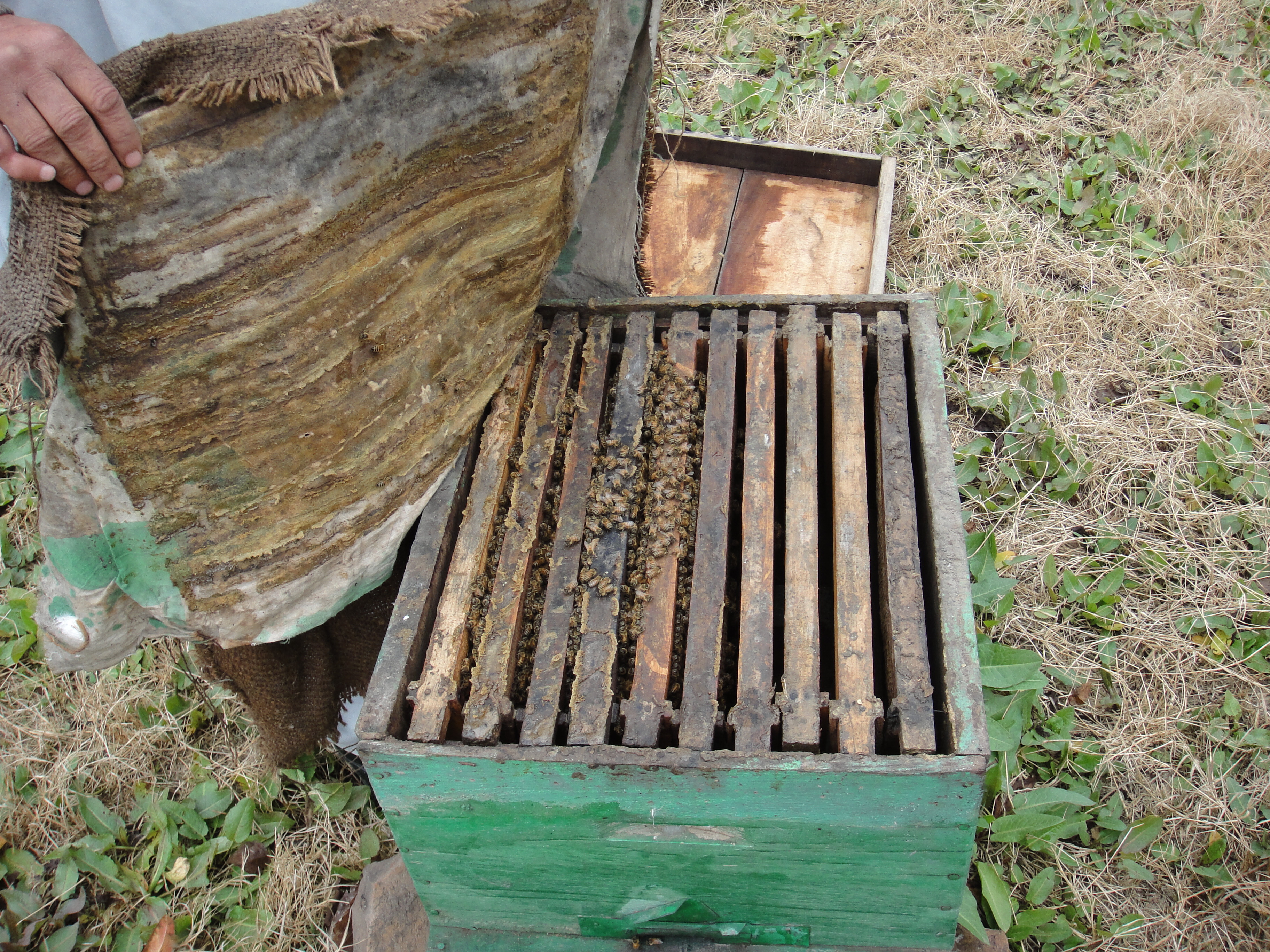
Mushrooms play an important role in sustainable supply of food and improve socio-economic condition of rural folk. Oyster and Button Mushroom can be grown locally because they are easy to grow on small scale with low investment and high returns than other agro based NTFP activities. Another important advantage of these mushrooms cultivation is that a high percentage of the substrate can be converted to fruiting bodies. Morchella spp of mushroom is the most precious mushroom which is presently collected from the northern mountains of Khyber Pakhtunkhwa and support income of the forest dwellers.
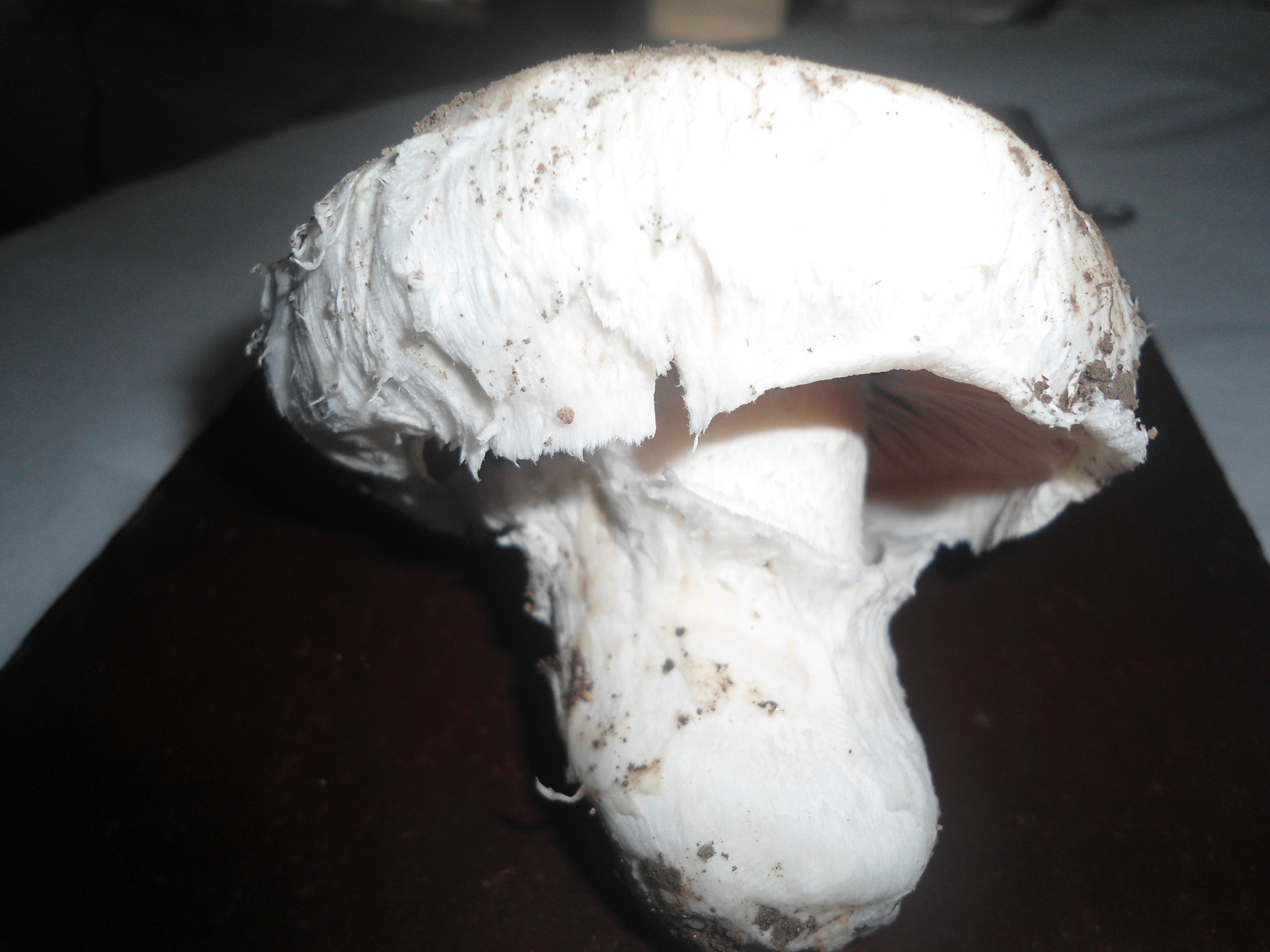
The Mazri palm is an important natural resource of Southern part of Khyber Pakhtunkhwa. It supports a wide spreading network of cottage industries in its production areas and outside. The Mazri leaves are used for making ropes, hand fans, baskets, hats, pouches, brooms, mates and other daily use articles. The dried trunk and foliage are used as fuel. Large number of people including the producers, collectors, product manufacturers, middlemen etc. is directly dependant on this resource

Sericulture plays a vital role in uplifting socio-economic condition of rural community. Sericulture today is practiced industrially in advance countries, such as, Japan, Russia, South Korea and China. This cottage industries needs further strengthening in the province.
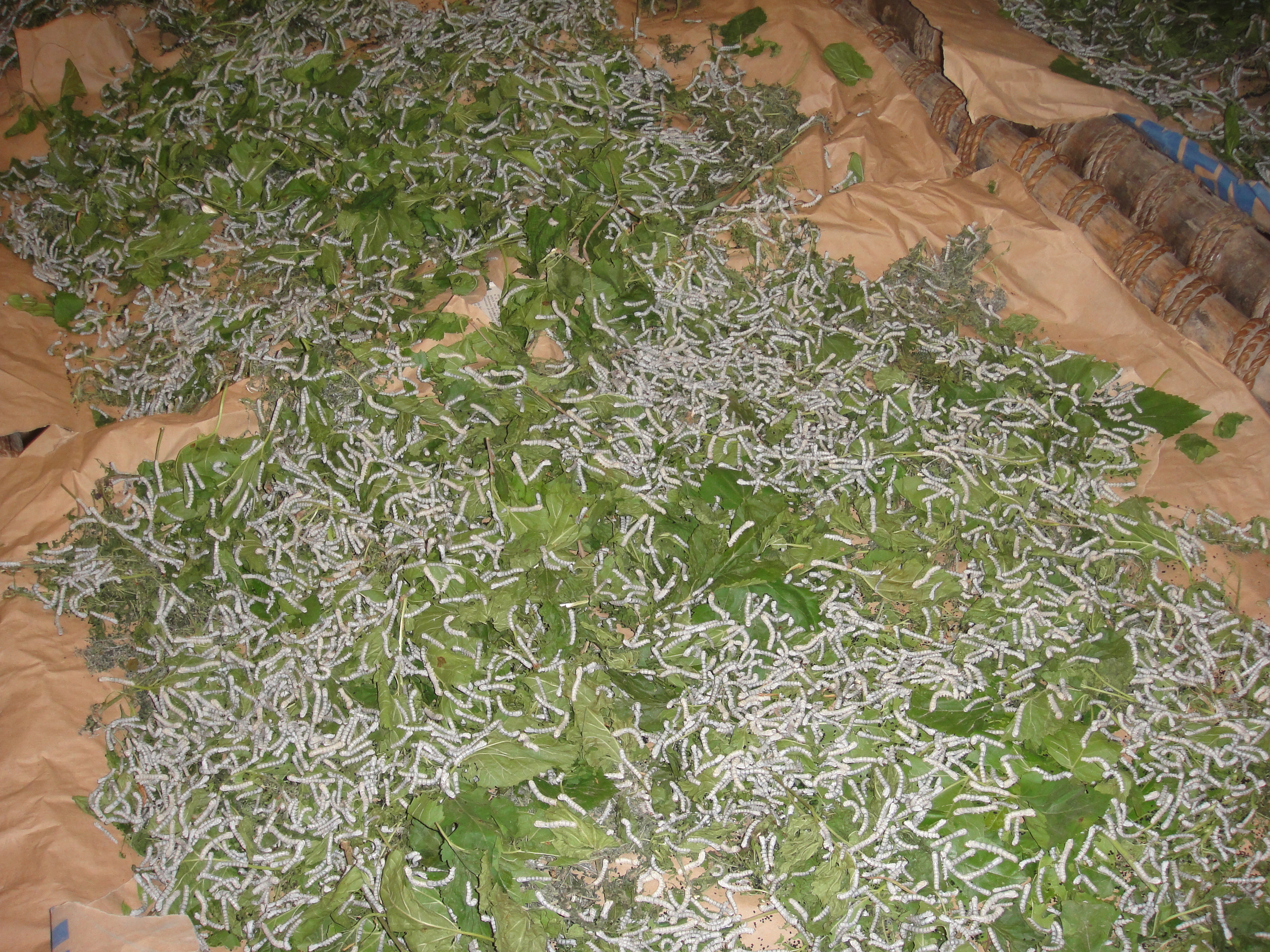
2025 © Mapping, Digitizing, Value Addition and Marketing of NTFP Pakistan Forest Institute, Peshawar, Government of Khyber Pakhtunkhwa